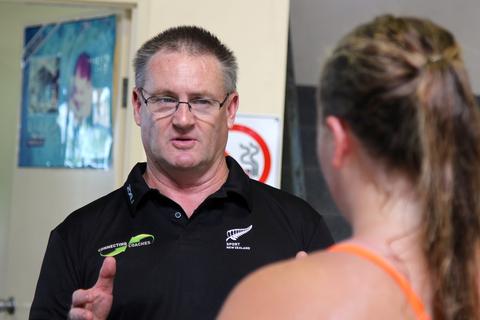Coaching Philosophy. Why Do You Coach?
https://youtu.be/bxslQs1qQrc Coaching Philosophy. Why Do You Coach? By Wayne Goldsmith If you’re already an experienced coach, how would you go about starting your coaching career all over again? Knowing what you know now – how would you start again – and build a sustainably successful coaching career? Or maybe Read more…





